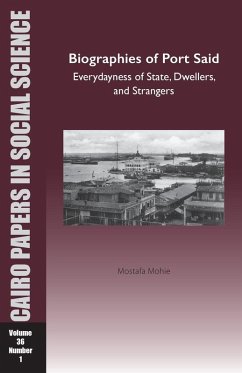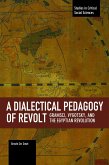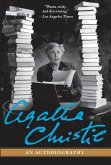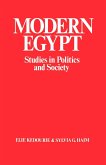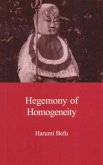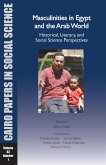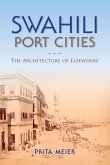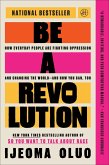"Founded in 1859, as part of the Suez Canal project and named after Khedive Said, the city of Port Said has always stood at the juncture of global, national, and local networks of forces, the city itself a reflection of many layers of Egypt's modern history, from its colonial past through to the eras of national liberation and neoliberalism. Drawing on Bruno Latour's and Henri Lefebvre's conceptual works, this study examines how the 'social' (encompassing all aspects of human life-the political, the economic, and the social) of the city of Port Said was created, and how its spaces were mutually produced and transformed through the practices of both dwellers and the state. Looking also at the temporality of these processes, Mostafa Mohie examines three key moments: al-tahgir (the forced migration that followed the outbreak of the 1967 war and remained until 1974, when Port Saidians were permitted to return to their homes following the 1973 October War); the declaration of the free trade zone in the mid-1970s; and the Port Said Stadium massacre in 2012."--
Hinweis: Dieser Artikel kann nur an eine deutsche Lieferadresse ausgeliefert werden.
Hinweis: Dieser Artikel kann nur an eine deutsche Lieferadresse ausgeliefert werden.

